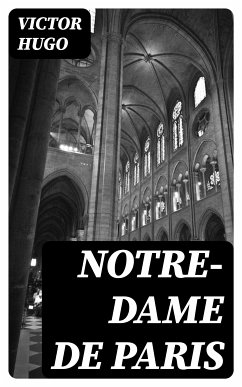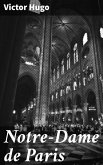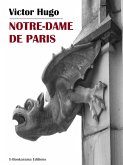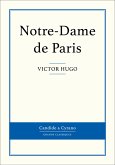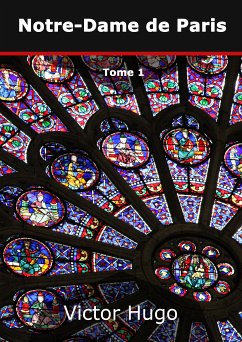Set against the backdrop of 15th-century Paris, Victor Hugo's "Notre-Dame de Paris" intricately weaves the fates of its richly drawn characters, primarily focusing on the hunchbacked bell-ringer Quasimodo, the beautiful gypsy Esmeralda, and the tormented priest Claude Frollo. Written in a stylized prose that oscillates between a lyrical narrative and vivid, almost cinematic descriptions, the novel reflects Hugo's passionate advocacy for social justice. Its examination of love, obsession, and the clash between human beauty and moral decay positions the book within the Romantic literary movement, offering a critical commentary on the socio-political landscape of France during Hugo's time. Victor Hugo, a preeminent figure in French literature, was deeply influenced by the tumultuous history of his own country, particularly the injustices faced by the marginalized. His personal experiences with political exiles and societal upheaval underscore the themes of compassion and resilience present in the novel. Through his intricate characterizations and profound philosophical reflections, Hugo explores the perennial struggle between individual desires and societal constraints. "Notre-Dame de Paris" is a timeless masterpiece that transcends its historical setting to resonate deeply with contemporary readers. Hugo's exploration of the human condition, along with his evocative portrayal of Paris and its iconic cathedral, makes this a quintessential read for anyone seeking to understand the complexities of love, society, and the indomitable spirit of humanity.
Dieser Download kann aus rechtlichen Gründen nur mit Rechnungsadresse in A, B, BG, CY, CZ, D, DK, EW, E, FIN, F, GR, H, IRL, I, LT, L, LR, M, NL, PL, P, R, S, SLO, SK ausgeliefert werden.

